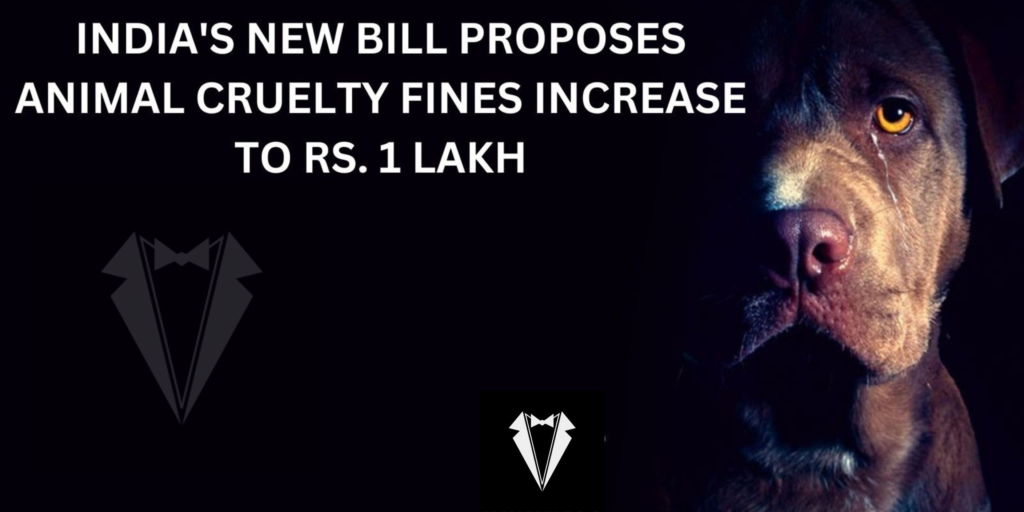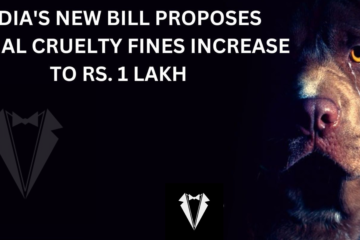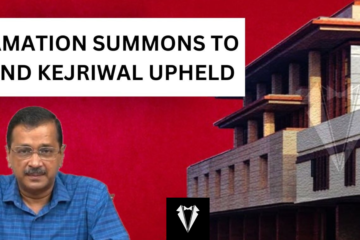
NEW DELHI: Trinamool Congress (TMC) MP Saket Gokhale recently announced on his social media platform ‘X’ (formerly Twitter) that he has introduced a Bill in Parliament to amend the Prevention of Cruelty to Animals Act, 1960. The proposed amendment aims to substantially increase the fine for acts of cruelty towards animals from Rs. 50 to Rs. 1,00,000.
The existing Prevention of Cruelty to Animals Act, 1960 defines ‘cruelty’ as ‘any unnecessary pain and suffering’ to animals. Despite significant changes in the man-animal relationship over the past few decades globally and in India, this nearly 65-year-old law, which is the primary legislation addressing animal welfare, remains unaltered.
Section 11 of the Act outlines various acts and omissions that constitute ‘unnecessary pain or suffering,’ including overloading, over-riding, starving, abandoning, and beating an animal. The Act holds owners accountable for prosecution if any Section 11 provisions are violated, imposing fines ranging from ten rupees to fifty rupees for a first offense and up to one hundred rupees or imprisonment for a term of up to three months, or both, for subsequent offenses within three years.
While the fines were substantial when the law was introduced 64 years ago, they have become outdated in today’s context, prompting calls from various organizations for an increase in penalties for cruelty against animals.
Gokhale’s Bill responds to these widespread demands for changes in the law. The global shift in recent years towards greater awareness of animal welfare rights has prompted legislative bodies worldwide to enact or amend laws to better protect animals. The proposed increase in fines under the Prevention of Cruelty to Animals Act, 1960, reflects a growing acknowledgment of the need to safeguard the rights and dignity of animals.
The original Act was a landmark legislation in India, covering the protection of animals and regulations regarding their treatment, transportation, and use in various activities. However, due to the lack of an update in the fine amounts, the law has been deemed ineffective.
By proposing higher penalties, lawmakers like Gokhale aim to discourage inhumane practices and foster a culture of compassion and respect towards animals. Additionally, the increased fines seek to align Indian legislation with international standards of animal welfare, showcasing India’s commitment to upholding universal principles and contributing to global efforts to enhance the well-being of animals.



